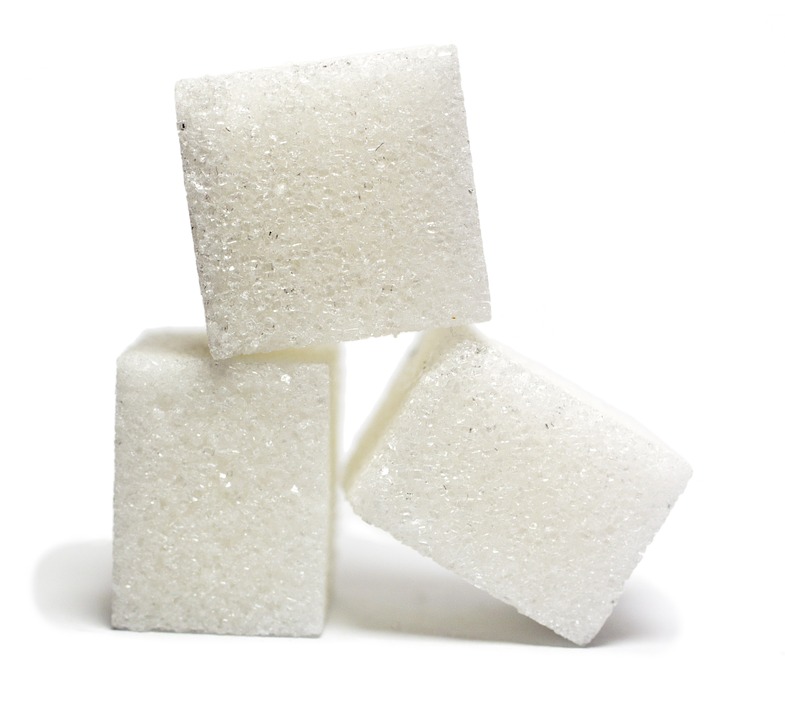Visceral fat is the fat found in the abdominal cavity and can pose serious health risks over time. One of the only ways to manage or even get rid of this type of fat in the body is through making dietary changes.
When it comes to losing visceral fat, Express reports that there is one big contributor to the accumulation of this kind of fat in the body; sugar. Sugar, especially refined sugars, is one of the worst enemies when it comes to shedding the visceral fat in the body. A lot of studies have further backed this up, finding that people who have added sugar in their diets tend to have more visceral fat compared to those who do not or at least take less sugar in their diets.
As to what makes sugar this dangerous when it comes to losing visceral fat, it all boils down to one compound in this ingredient: Fructose. A lot of fructose will turn into fat when it gets to the liver, adding up to the visceral fat a person may have in their abdomen.
So, with that in mind, the key to getting rid of visceral fat is to reducing or cutting out sugar intake in a diet. Along with reducing sugar intake, experts recommend increasing protein intake for overall weight loss and not just visceral fat. Eating more protein, as studies have shown, will suppress appetite and reduce the cravings a person may have in between. Lean meat, dairy, fish, nuts, and beans and legumes are good sources of protein.
Diet and exercise may be a big factor in losing visceral fat, but Express also reports that the amount of sleep a person gets also plays a part in losing weight. The recommended amount of sleep for a healthy lifestyle is seven to eight hours. A study spanning six years showed that people who got seven to eight hours of sleep every night gained less visceral fat by about 26 percent.
This also backs up the fact that less sleep means a bigger risk of developing visceral fat in the body. According to experts, those who sleep less than five hours tend to gain more weight over a span of five years.



 Sanofi Gains China Approval for Myqorzo and Redemplo, Strengthening Rare Disease Portfolio
Sanofi Gains China Approval for Myqorzo and Redemplo, Strengthening Rare Disease Portfolio  Sanofi to Acquire Dynavax in $2.2 Billion Deal to Strengthen Vaccine Portfolio
Sanofi to Acquire Dynavax in $2.2 Billion Deal to Strengthen Vaccine Portfolio  FDA Fast-Track Drug Reviews Delayed Over Safety and Efficacy Concerns
FDA Fast-Track Drug Reviews Delayed Over Safety and Efficacy Concerns  U.S. Vaccine Policy Shifts Under RFK Jr. Create Uncertainty for Pharma and Investors
U.S. Vaccine Policy Shifts Under RFK Jr. Create Uncertainty for Pharma and Investors  Novo Nordisk Warns of Profit Decline as Wegovy Faces U.S. Price Pressure and Rising Competition
Novo Nordisk Warns of Profit Decline as Wegovy Faces U.S. Price Pressure and Rising Competition  China to Add Eli Lilly’s Mounjaro to National Health Insurance in 2025
China to Add Eli Lilly’s Mounjaro to National Health Insurance in 2025  Weight-Loss Drug Ads Take Over the Super Bowl as Pharma Embraces Direct-to-Consumer Marketing
Weight-Loss Drug Ads Take Over the Super Bowl as Pharma Embraces Direct-to-Consumer Marketing  Novo Nordisk and Eli Lilly Cut Obesity Drug Prices in China as Competition Intensifies
Novo Nordisk and Eli Lilly Cut Obesity Drug Prices in China as Competition Intensifies  California Jury Awards $40 Million in Johnson & Johnson Talc Cancer Lawsuit
California Jury Awards $40 Million in Johnson & Johnson Talc Cancer Lawsuit 































